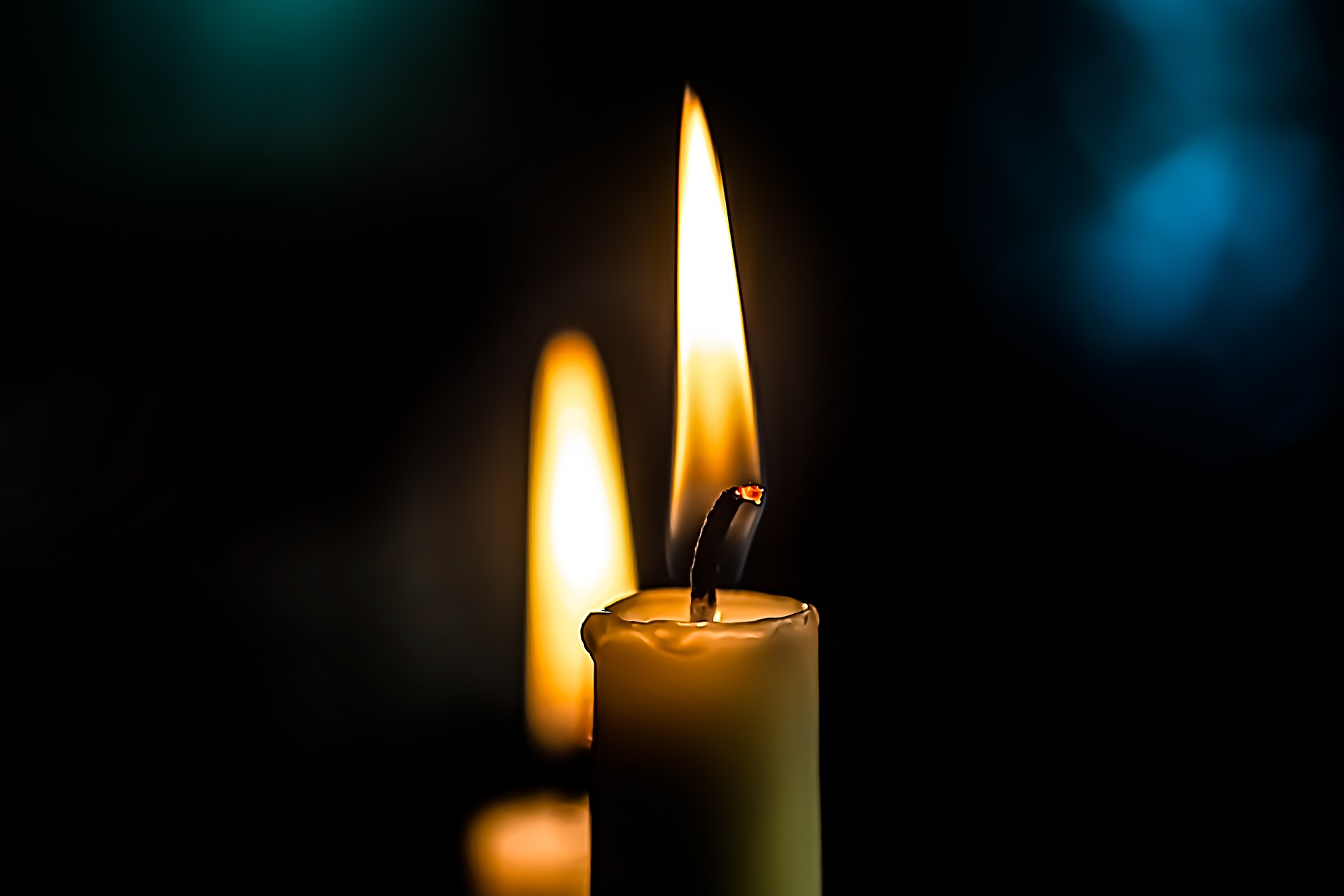
A Christmas message from Alan Gregory, principal of St Augustine’s College of Theology.
“When I am afraid, I put my trust in thee. In God, whose word I praise, in God I trust without a fear. What can flesh do to me?”
The Psalmist puts his trust in God the eternal and faithful. The contrast here is with ‘flesh’; it is not that flesh lacks its own goodness but that flesh changes, ages, and dies; flesh does have strength, but that strength wavers and declines. ‘Flesh’ names transience and mortality. If I trust in the eternal God, though, the weak flesh is of no account; it is neither here nor there, or rather, it is here today and gone tomorrow.
Putting one’s trust in God, the flesh should hold no terrors. Nor, of course, does it hold out hope either. Flesh is mortal; we are just passing through. Flesh cannot save us, nor help in time of need. The poet rephrased the point later in the Psalm. “In God I trust without a fear. What can man do to me?” We’re very familiar with all this. Jesus says much the same thing, “Lay up for yourselves treasures in heaven, where neither moth nor rust consumes and where thieves do not break in and steal.”
Christmas, though, reminds us not to take these statements as at first, they might appear, with their stark contrast between God and flesh, eternity and time, heaven and earth. Something has happened that crosses these contrasts, blurs the lines, and redistributes the landscape of trust and hope in that direction to which the prophets pointed.
It takes only half a dozen words to announce what turns all creation inside out: “And the Word was made flesh.”
If the eternal God is “made flesh,” and if we don’t put ‘flesh’ into inverted commas as if it wasn’t what it really is, then we have flesh, mortal, vulnerable flesh, that we may trust with all our heart, and soul, and mind, and strength.
That extraordinary conviction, incidentally, led to centuries of passionate debate about what you’ve studied, or will study, as ‘orthodox Christology’. All for those six words, “And the Word was made flesh.” Six words would hardly have deserved all the fuss except they breach and muddle heaven and earth, eternity and time.
Doesn’t Christmas, as Luke tells the story, pile on the worldliness, too?
A reluctant journey, under the press of Imperial bureaucracy, danger to a pregnant girl, a homeless welcome, a child born like a refugee, laid in a feeding trough. Flesh, indeed. Read between the lines, we’re being told, don’t trust Empire, trust this waif; you can give your all to this fragility. Heart, soul, mind, strength.
True, Empires appear built for the ages and seem to stand as close to enduring glory as anything humans make. Today, even though the very earth itself groans and cries out under human violence, we’re still told that we live at the end of history, that capitalism has reached its final form and, though ups and downs will occur, the ordering of humanity will not fundamentally change in the future. Yet, here it is, this child whose mother must feed him and swaddle him against the chill: this is the one who bears God. The Son of Man who is so little defended against life, and so very clearly flesh, to him we look for life. This is why we add the animals.
As you know, though for decades I didn’t notice, the cow, the ass, the ox lack even a walk-on part in the gospels, while the sheep get left in the hills.
Still, we added them, and having them peering over the manger or standing about with Joseph in the shadows was surely the Spirit’s inspiration. Our world is lacking without the animals, or, more strictly, the world is impossible without them, our companions in creaturehood. The ox, the ass, and the cow, of course, belong to the domesticated animals, the ones to whom we owe so much, yet still fail to recognise ourselves in them. The stable must have had its stalking cat, too, and a fox crossing the yard, looking up for a moment, wondering, and, of course, a dog. Domesticated mostly, perhaps, but standing, in medieval art especially, as representatives from the parliament of all creatures. Our kin, our kind, if we have the humility to know it.
“And the Word was made flesh,” but the flesh does not end with the human.
Flesh is what creatures are. Flesh is shared; we digest it, feed it, it builds the soil, breathes into the air, we touch, feel, caress flesh, and flesh responds touching us; flesh inhabits us, and even our bodies shelter multitudes. Flesh is gifted; we pass it on, we see it our children, leave our traces in the world, shape it, tend it, ruin it. Soil, water, air, bodies. All so mobile, shifting, and vulnerable, inextricably connected, living. God has made home here. Living and dying, and in being raised, this ever-enfleshed Word passes himself on in the fleshly way of bread and wine, made and consumed, and made again, body to body to body.
Those who want to leave the world, who regret the limits of bodily life, the vast networks of dependency in which we come about, who dream of bodiless heavens or technological escape, they find it hard to grasp this.
Hard to trust in the shivering child, in the passing on of bread and wine. Hard, therefore, to hear God calling us down to earth, to love and fear for the myriad connections and relations that make us. Even in being flesh, God is before us.
Look at the child again; see him surrounded by the host of witnesses, human and not, lovers and workers and scholars and beetles, and birds, the reptilian hordes, orchids and bees, the shark and the seal, giraffes, the desert fox, tigers, and Great Danes. He is just a child, and he will become just a man on a cross, yet no prince has an empire so grand.
Happy Christmas
Yours,
Alan


